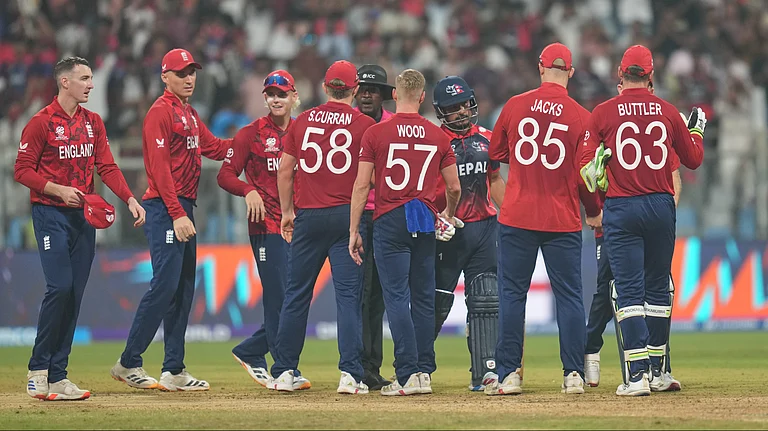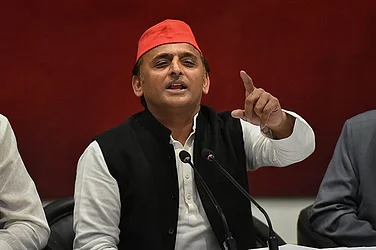The office of the Chief Justice of India is a "public authority" and will come under the Right To Information (RTI) Act, the Supreme Court ruled on Wednesday.
A five-judge constitution bench, headed by Chief Justice Ranjan Gogoi, said the right to privacy and confidentiality is an important aspect and it has to be balanced while deciding to give out information from the Chief Justice of India's (CJI) office.
Cautioning that RTI cannot be used as a tool of surveillance, the top court held that judicial independence has to be kept in mind while dealing with transparency.
The apex court in a 3:2 verdict stated that public interest demands that transparency is maintained. But the transparency will not undermine judicial independence.
The Supreme Court's verdict today upheld the 2010 Delhi High Court judgement and dismissed the three appeals filed by Secretary General of the Supreme Court and the Central Public Information officer of the apex court.
It said that the Right to Privacy is an important aspect and it has to be balanced with transparency while deciding to give out information from the office of the Chief Justice.
The bench, also comprising Justices N V Ramana, D Y Chandrachud, Deepak Gupta and Sanjiv Khanna, said that only the names of judges recommended by the Collegium for appointment can be disclosed, not the reasons.
While the CJI and Justices Deepak Gupta and Sanjiv Khanna have penned one judgement, Justices Ramana and Chandrachud have written separate verdicts.
Justice Chandrachud said the judiciary cannot function in total insulation as Judges enjoy constitutional posts and discharge public duty.
Justice N V Ramana, who concurred with J. Khanna, said there should be balancing formula for Right to Privacy and Right to Transparency.
The Delhi High Court, in its January 10, 2010 judgement, held that the office of the CJI comes within the ambit of the RTI law and judicial independence was not a judge's privilege, but a responsibility cast upon him.
The 88-page Delhi High Court judgement was then seen as a personal setback to the then CJI, K G Balakrishnan, who had been opposed to disclosure of information relating to judges under the RTI Act.
On April 4 this year, a five-judge constitution bench had reserved its verdict on the appeals filed in 2010 by the Supreme Court Secretary General and its central public information officer against the Delhi High Court and the central information commission's (CIC's) orders.
The bench, headed by the chief justice, had wrapped up the hearing, saying nobody wants a "system of opaqueness", but the judiciary cannot be destroyed in the name of transparency.
(With inputs from PTI)






.jpg?w=801&auto=format%2Ccompress&fit=max&format=webp&dpr=1.0)



















